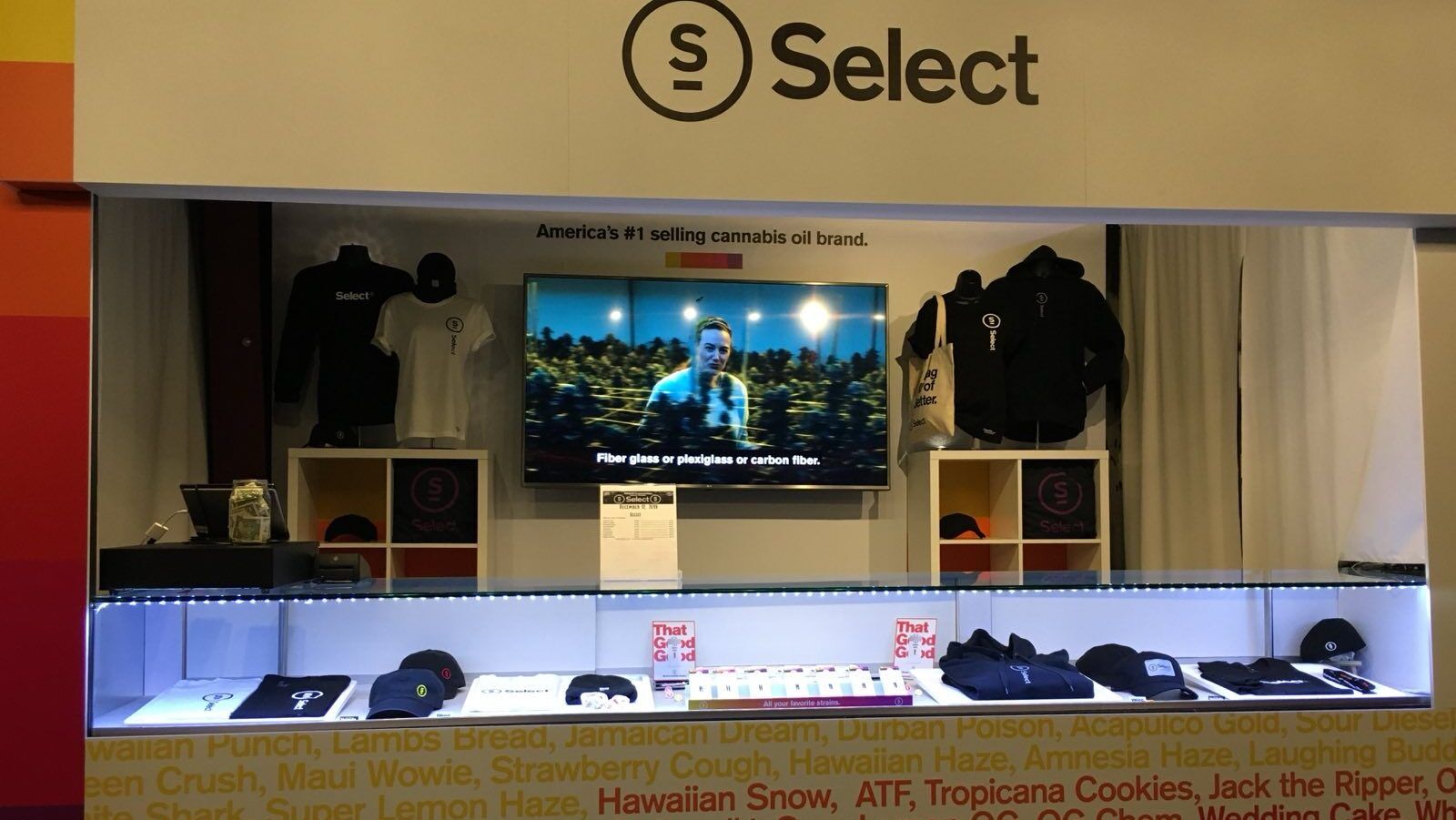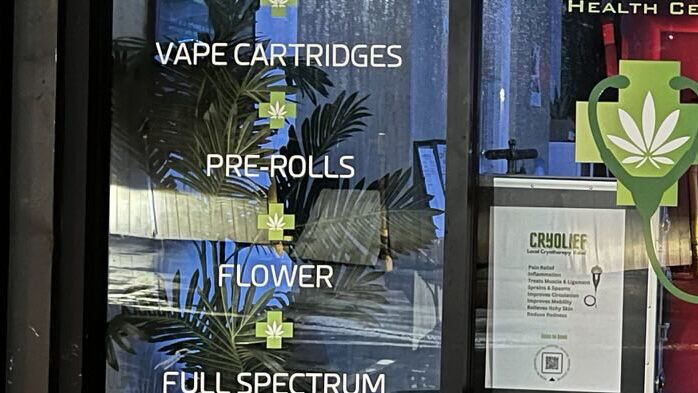-
Is There a True Industry Standard in Cannabis POS Systems?
Read more: Is There a True Industry Standard in Cannabis POS Systems?In a fast growing industry like cannabis, where compliance, customer experience, and business intelligence intersect, choosing the right point-of-sale (POS) system can make or break…
-

Optimizing Dispensary Operations: Best Practices for Cannabis POS Systems
Dispensaries must leverage specialized point-of-sale (POS) systems to navigate complex regulations and enhance operational efficiency. A well-implemented cannabis POS system…
-

Is the Cannabis POS Market Oversaturated? Not Quite—But It’s Evolving Fast
Dispensary point-of-sale (POS) systems have evolved from simple cash registers into complex platforms managing everything from compliance to customer relationships.…
-

Behind the Counter: Budtenders’ Daily Struggles with Cannabis POS Systems
In the bustling environment of a cannabis dispensary, budtenders are the linchpin of daily operations, ensuring compliance, managing inventory, and…

